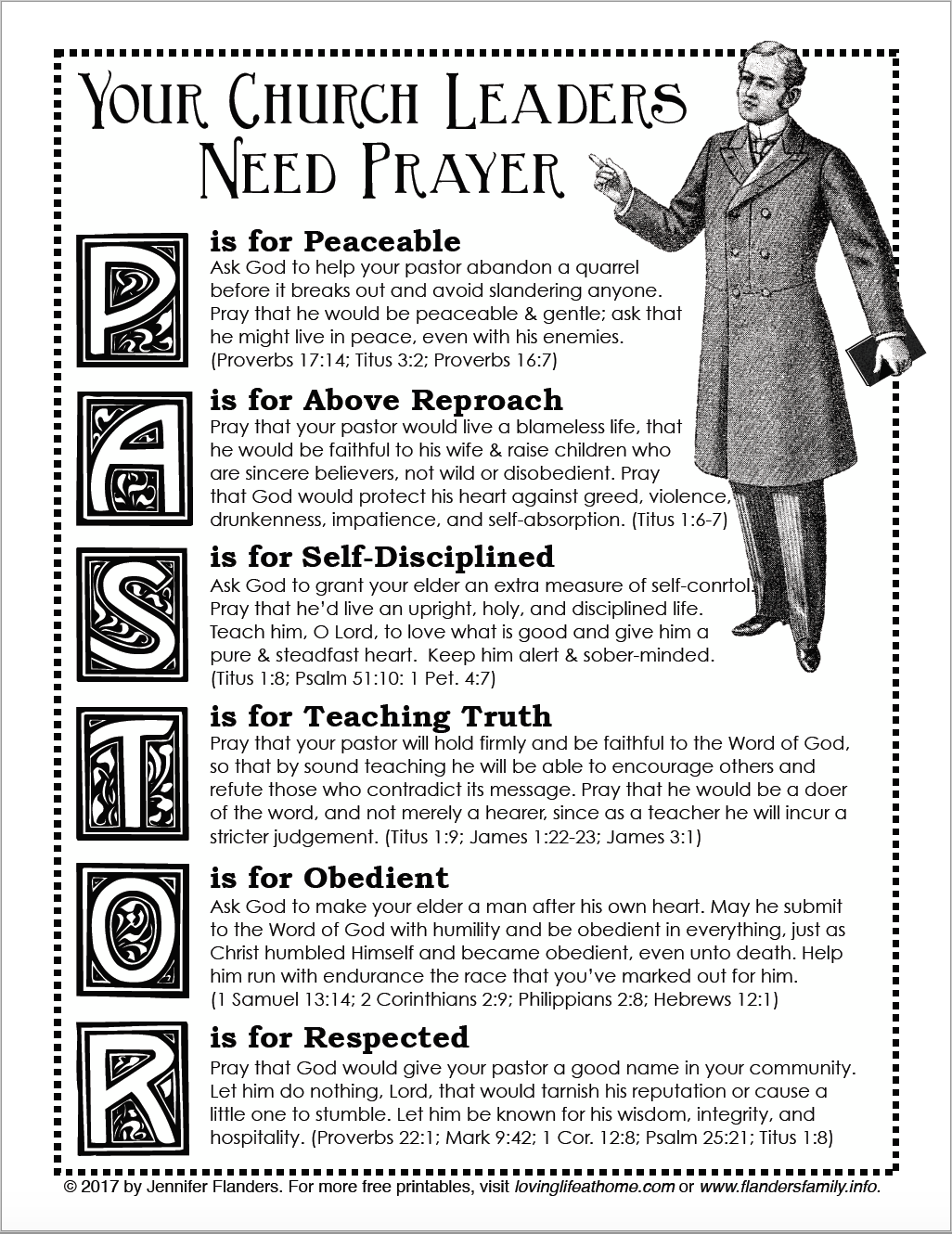7 FALSE TEACHERS IN THE CHURCH TODAY (by Tim Challies)
0 Comments
Dear WTBC family,
As you know, I don’t talk about money very often. However, several people have been asking me about the best way to handle our giving these days; so, I would like to share the options we have available.
I have been greatly encouraged by your giving even while we are apart! I don’t follow who gives what or how much, but Sharon has shared with me that God has once again been providing for the needs of our church through the giving of His people. I know that God has helped our church remember that financial giving is another aspect of worship, and one that God will bless when done cheerfully and generously. So, I thank you; and most of all, I thank the Lord! If you have any questions about this or anything else, please feel free to let me know. In Christ, Pastor Chris
Several decades ago, novelist C. P. Snow wrote, “Civilization is hideously fragile, you know that; there's not much between us and the horrors underneath. Just about a coat of varnish, wouldn't you say.” This past week has illustrated his point extremely well. Not that we have necessarily reached the ‘horrors underneath,’ but clearly that ‘civilization is hideously fragile.’ If you were asked to create a list of things that are fragile, you might normally think of things like silence, snowflakes, butterflies … But before this past week, would you have thought to add corporate worship to that list?
I am truly blessed to be the pastor of this special church! As we study the pastoral epistle of Titus this month, I am humbled and thankful to know that this redeemed sinner has been privileged with the honor of being the steward of the WTBC part of God's flock. As your pastor, I have just one request this month: would you consider praying for me? I am in constant need of God's grace, and would be honored to know that you are praying for this for me (and thus for my family and our church)!Here is the link to the "2nd London Baptist Confession of Faith" that we discussed in our evening service on 3/18/18.
www.1689.com/confession.html As we look ahead to another year, perhaps you have decided to start a new Bible reading plan. Here are some creative suggestions!
|
AuthorPastor Chris Riggs will be hosting this study Archives
November 2021
Categories |
||||||

 RSS Feed
RSS Feed